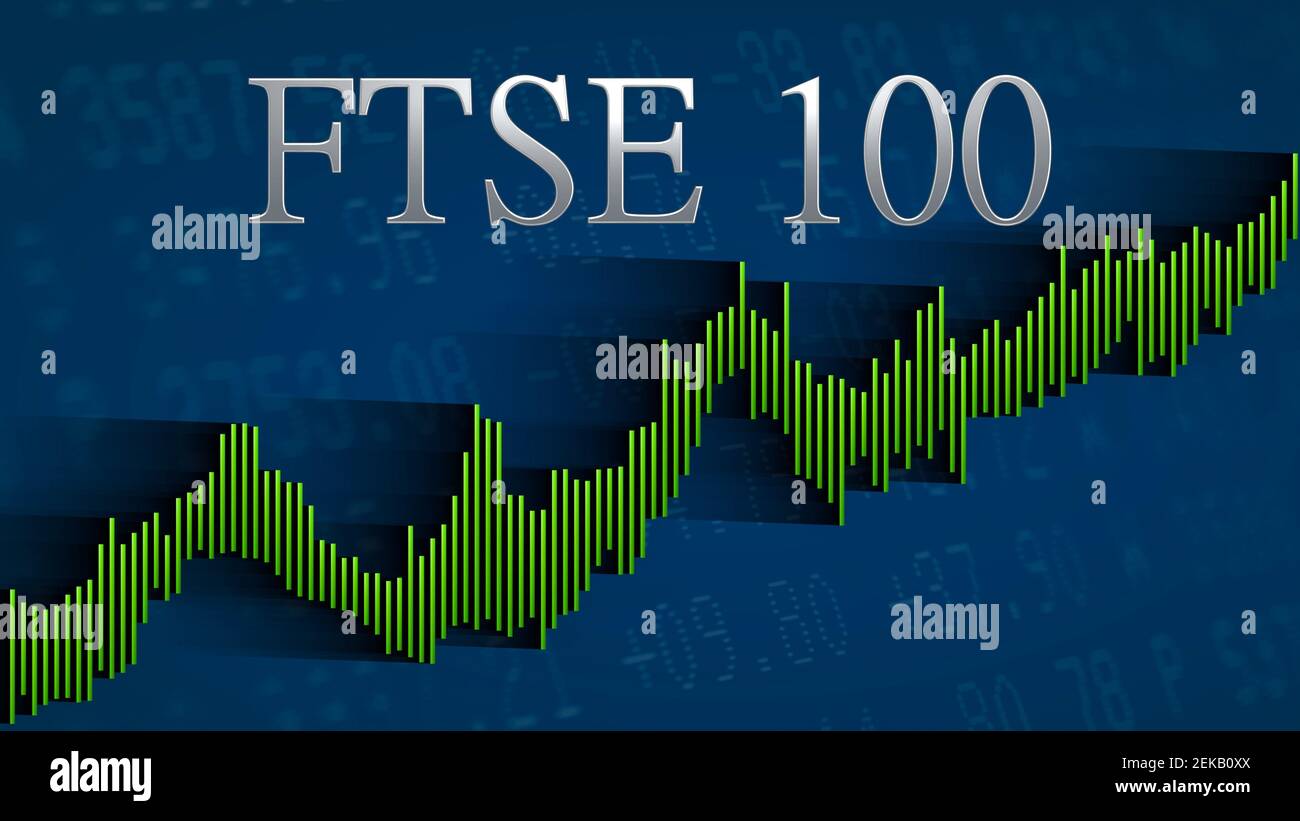
By Antonio Ernesto
At the market opening, oil prices have shown a notable drop of more than 4% in Asian markets following an Israeli attack targeting Iran. Despite the tensions generated by this event, the impact was less severe than anticipated, immediately affecting the crude market. We will analyze the factors behind this decline, the current situation in the Middle East, and the implications for the energy market’s future.
The Israeli attack, which avoided vital facilities such as nuclear and oil sites in Iran, significantly reduced the uncertainty that had reigned in the previous weeks. In response, Brent prices stabilized around $73 per barrel, while West Texas Intermediate (WTI) crude dropped to the $68 per barrel range. This downward price movement suggests that investors found reasons to reduce their risk perception in the attack, given that Iran’s strategic infrastructures were not directly affected.
Despite Iran’s threat to retaliate, the fact that the attack avoided critical facilities managed to moderate concerns about a possible significant escalation in the conflict. In recent months, oil prices have seen a considerable increase due to the growing tension between Israel and Iran, exacerbated by ongoing operations against factions like Hamas and Hezbollah. However, this episode seems to have reduced the likelihood of a larger-scale confrontation, at least in the short term.
The situation in the Middle East remains volatile, as Israel has continued its military offensive in the region. Conflicts in key territories have always been a determining factor in the fluctuation of oil prices due to the strategic importance of this area in the global production and supply of crude. Political stability and security in the Middle East are essential to maintaining the steady flow of oil to international markets, and any disruption can have significant consequences for supply and demand.
However, the potential for future tensions should not be underestimated. Although the immediate threat appears to have diminished, the situation in the Middle East can change rapidly, affecting energy markets unpredictably. The international community and major energy market players will continue to monitor the region’s upcoming developments closely. The presence of non-state actors, such as Hamas and Hezbollah, adds an element of uncertainty, as these groups can influence regional stability.
In conclusion, the recent drop in oil prices reflects a temporary reduction in uncertainty following the Israeli attack on Iran, which did not impact the country’s most sensitive infrastructures. However, the situation in the Middle East remains a crucial factor in the evolution of the global energy market. As tensions in the region continue, oil prices could experience significant fluctuations. Therefore, staying informed and carefully evaluating potential outcomes in this highly complex geopolitical context is essential.
- Ernesto Di Giacomo – Senior Market Analyst at XS.com













